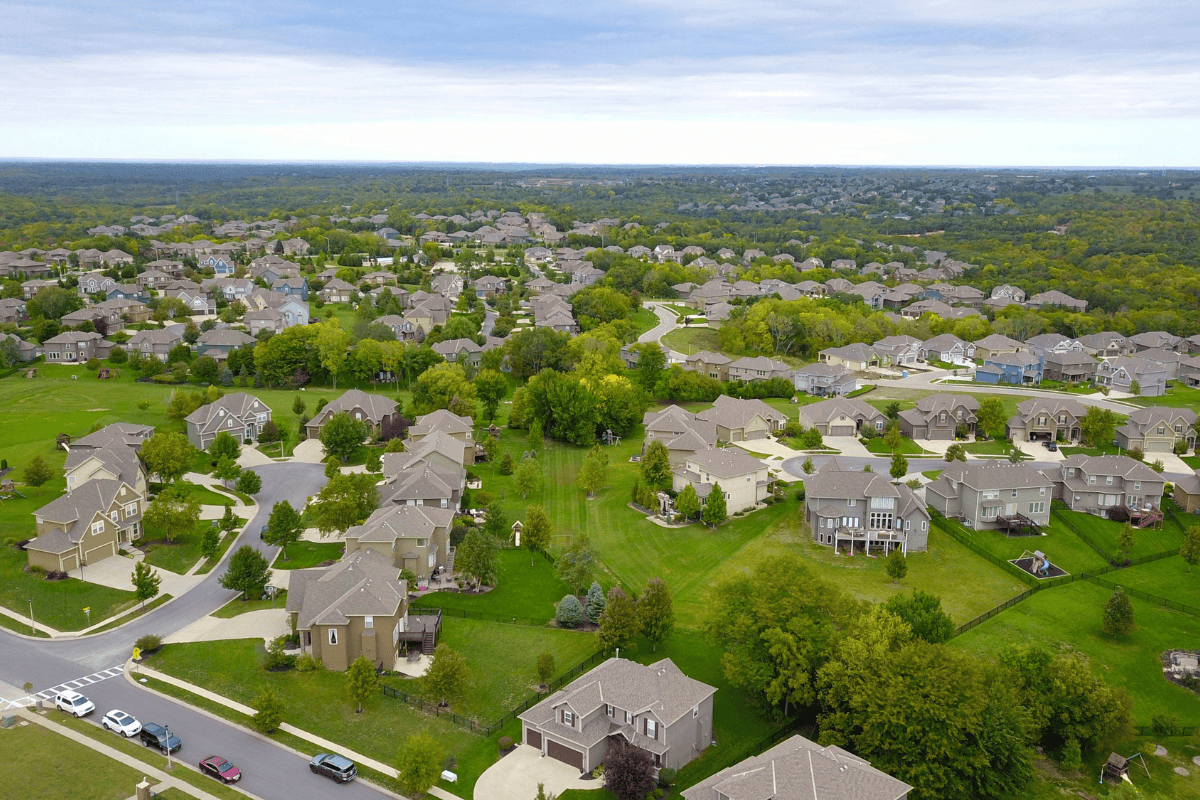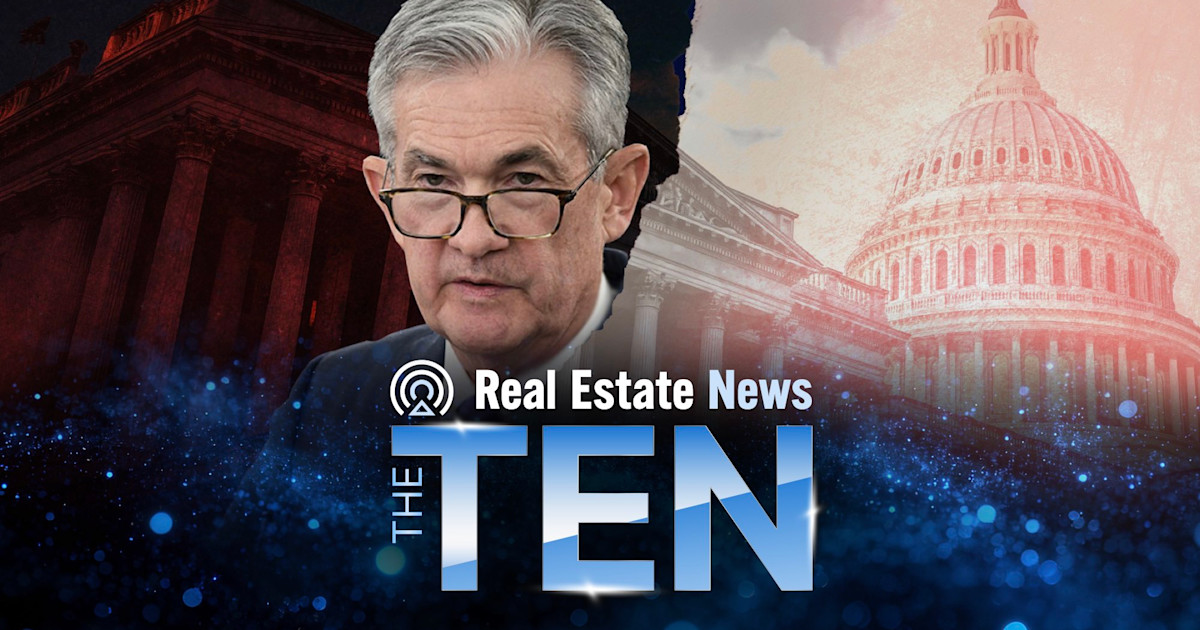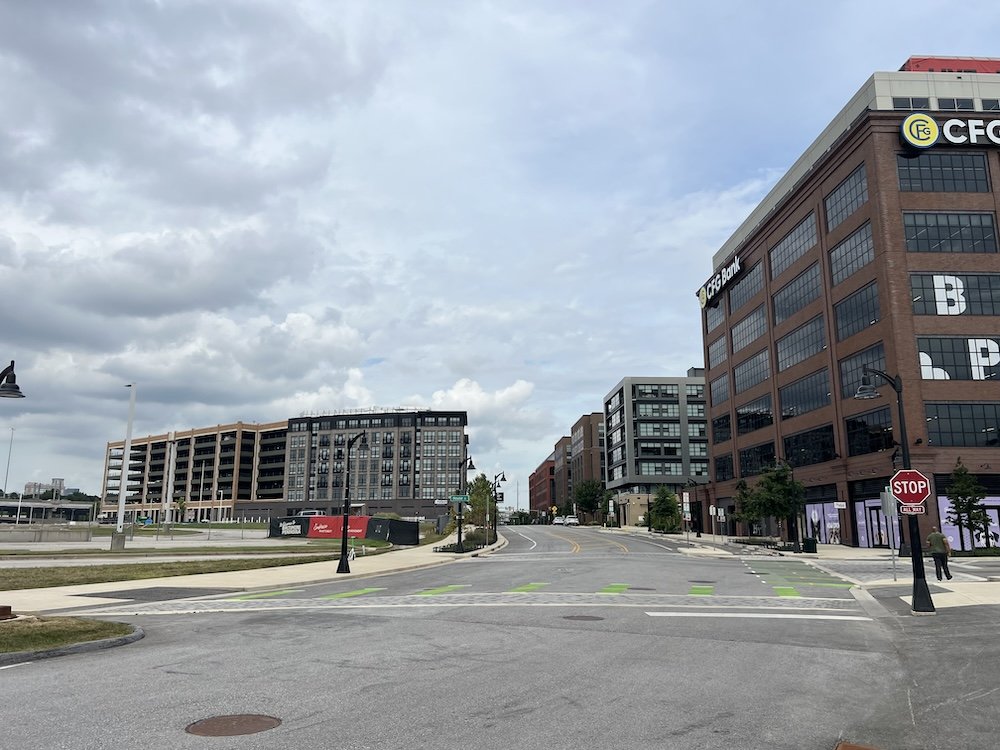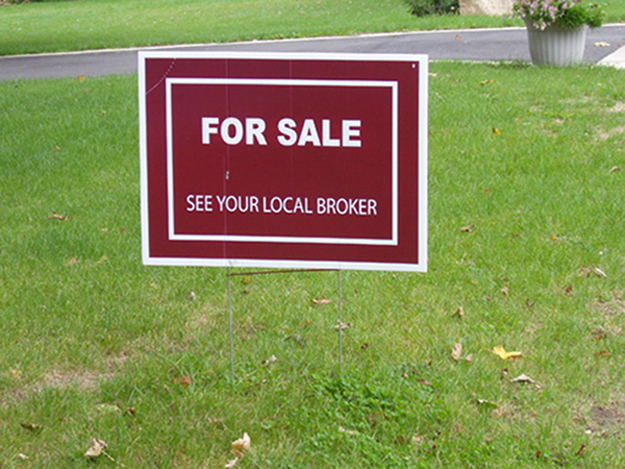I
nterest rates are on the decline, but what does this mean for the economy and commercial real estate market participants? The US Federal Reserve's recent rate cut has shifted attention from "when" to "what's next." The Fed aims to balance low inflation and full employment, with a target inflation rate of 2%. Recent data suggests a soft landing is possible, but historical trends indicate that a recession often follows a Fed rate cut.
San Francisco Federal Reserve Bank President Janet Yellen noted the economy seems to be on a glide path for a soft landing. However, historical data shows that a Fed rate cut after monetary tightening has consistently tracked with some form of recession. The 50-basis point cut can be interpreted in two ways: as a sign of economic slowing or a closer alignment with inflation and labor market goals.
Commercial real estate (CRE) participants are divided on the likelihood of a recession within the next six months, with 45% thinking it's unlikely and 50% likely. However, views have improved compared to Q4 2023 when 77% thought a recession was likely. Inflation has dropped from 3.4% at the end of 2023 to 2.5% in August, and the Fed expects further decline.
Most economists agree that odds of a recession are relatively low due to strong employment, consumer spending, and GDP growth. A majority (58%) expect the next recession to be shallow and short-lived, a 7% increase from Q2. Historical data shows that past soft landings have been rare, but there are lessons to learn from previous cycles.
A classic example of a soft landing is the monetary tightening conducted under Alan Greenspan in the mid-1990s. Following the 1990-91 recession, the Fed raised rates seven times and then cut them three times when the economy softened. This policy led to strong economic performance for the remainder of the decade.
CRE saw a mini boom coming out of the pandemic recovery but has since reversed trends due to higher interest rates. Transaction activity slowed down, and capital costs increased. However, survey results show that participants acknowledge price adjustments have taken place, and assets are being perceived as more fairly priced than in the past.
Despite lingering uncertainty, there is optimism in the survey, with an increase in buying appetite and intention to transact. A majority (79%) expect NOI growth to remain steady or increase over the next 12 months. Net expectations surged across all sources of debt and equity.
A recession is not entirely off the table, but it appears that the US economy is lined up for a soft landing. Sentiment among ICSS participants on the potential for a recession is more bearish compared to mainstream economists. If a recession does materialize, most property sectors are positioned relatively well to weather the impact of a downturn. The Fed will continue to watch economic data as it weighs decisions on when and how much to cut interest rates.















